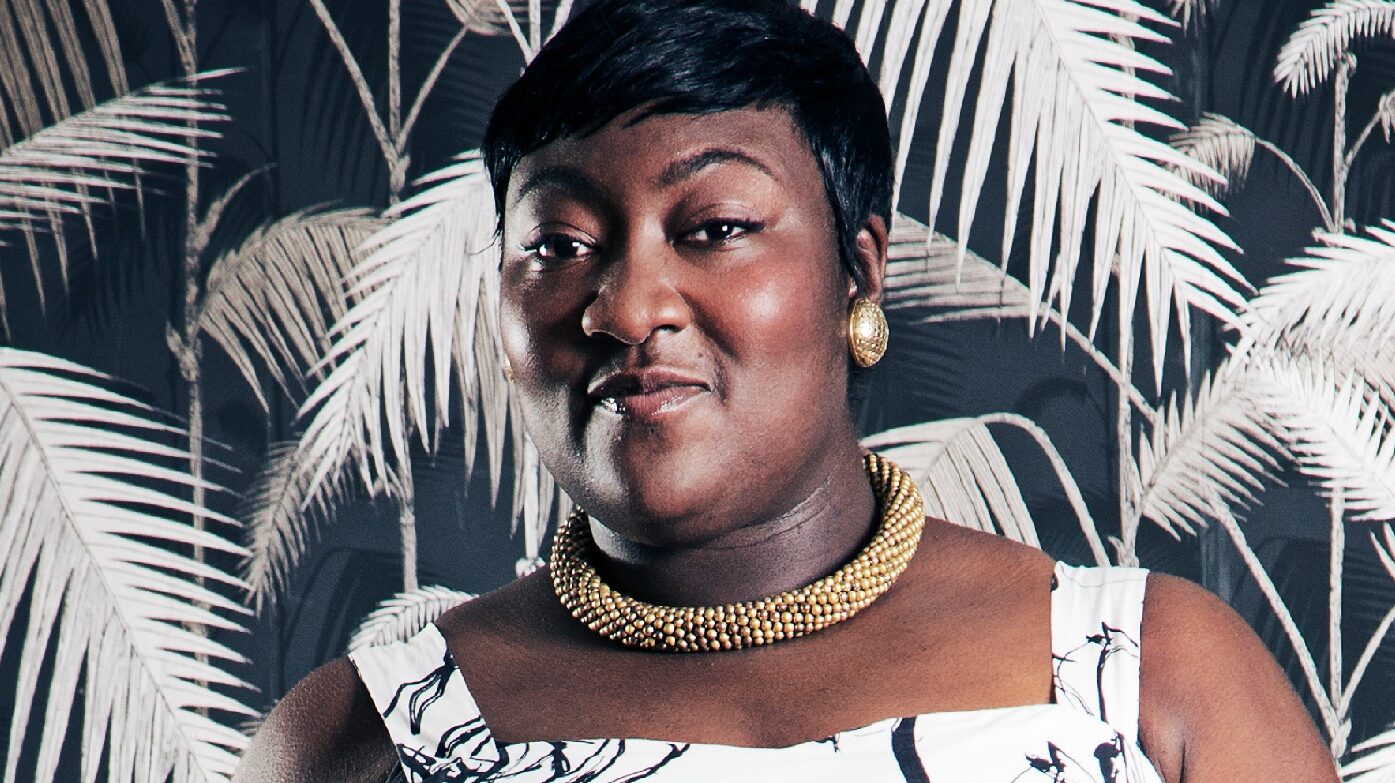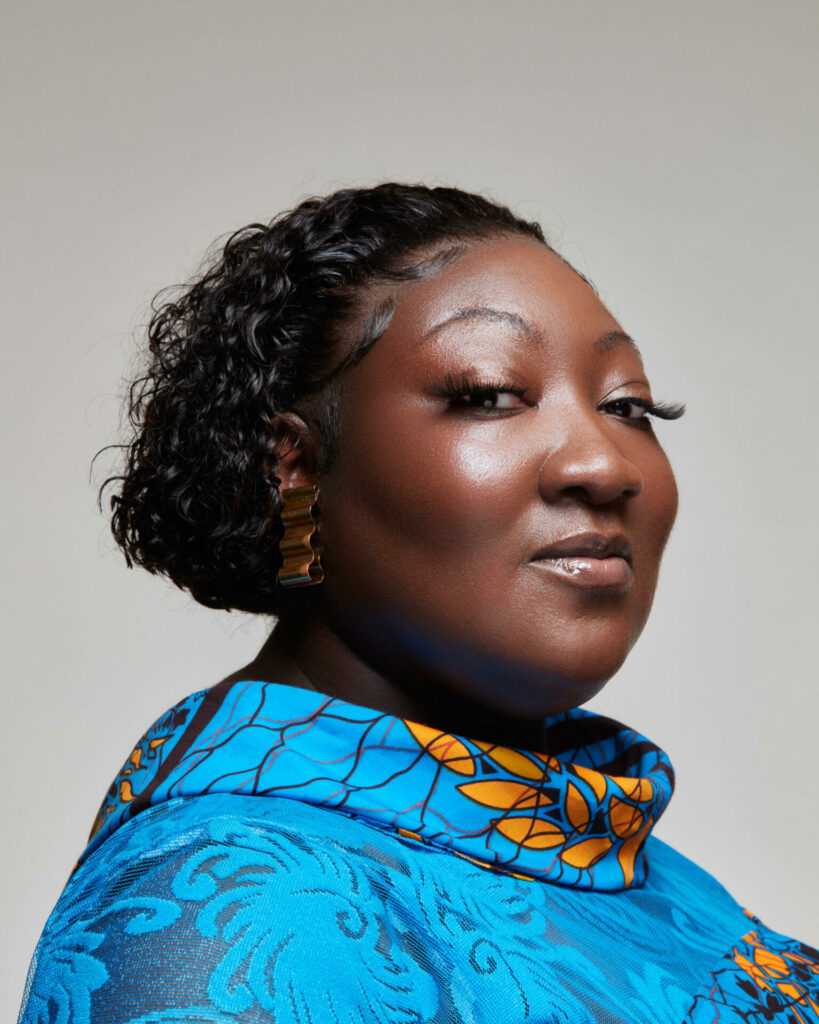UK Black Pride CEO vows support amid Ugandan anti-LGBT+ law challenge: ‘We will not be silent’
Exclusive: "We see you and we will do all we can in our advocacy efforts," activist Lady Phyll told Attitude
By Dale Fox

UK Black Pride CEO Lady Phyll has affirmed her support for Uganda’s LGBT+ community as the country’s harsh anti-homosexuality law is being challenged in its Constitutional Court.
The law, enacted in May 2022, imposes up to life imprisonment for consensual same-sex relations and includes the death penalty for certain “aggravated” cases.
A panel of five judges in Uganda held a short session yesterday (18 December) to hear a petition regarding the rights of LGBT+ individuals in the country. Both advocates and opponents of greater inclusivity presented written briefs to the panel.
At the end of the session, a judge advised the petitioners that notification would be provided when a decision was made.
“We hope the court will take the opportunity to address the question in the room, whether the Ugandan constitution protects every single member of our society irrespective of their sexual orientation,” Nicholas Opiyo, a lawyer for the petitioners, told media afterwards, Reuters reported.
“A backdrop of growing anti-LGBT+ hostility in Uganda”
Activist and current leader of Kaleidoscope Trust Lady Phyll condemned the act as “heartbreaking.” She also affirmed support for the country’s LGBT+ community.
“[The act was created] against a backdrop of growing anti-LGBT+ hostility in Uganda, mainly expressed through political attacks against sexual and gender minorities in the country, enabling social groups to act violently against LGBTI+ persons,” she told Attitude.

“My message to LGBTI+ people in Uganda, we see you and we will do all we can in our advocacy efforts, diplomatic engagement and obtaining resources and funding for you to continue supporting your communities. We will not be silent about the injustices you face,” she added.
“This is such a difficult time for those facing violence and harm, so whilst we show solidarity, our actions will also be bold and loud based on the directions we get from our partners.”
Death penalty for “aggravated homosexuality”
Known as the Anti-Homosexuality Act (AHA), the controversial legislation has drawn widespread condemnation globally. The United States has imposed visa bans and trade sanctions over the law, while the World Bank halted all new lending to Uganda.
Despite international criticism, the law remains popular domestically in the conservative East African nation. The government has defended it as reflecting traditional values and accused Western nations of trying to coerce Uganda into accepting homosexuality.
Introduced by lawmaker David Bahati in 2009, the bill initially included the death penalty for those convicted of “aggravated homosexuality” – defined as gay acts with underage persons or while HIV-positive. It took years to eventually pass parliament, with President Yoweri Museveni signing it into law in 2014.
At least five people have been charged under the revived law so far. In August, police in Kampala arrested a 20-year-old and charged him with “aggravated homosexuality,” allegedly having unlawful sexual intercourse with a 41-year-old man.
A CNN investigation claims more than 300 cases of human rights abuses against LGBTQ+ individuals have been recorded this year, including assaults, torture, and forced evictions.
